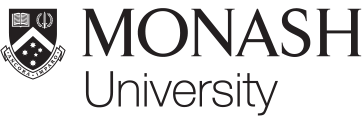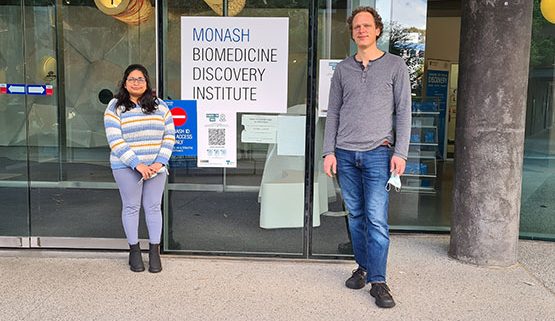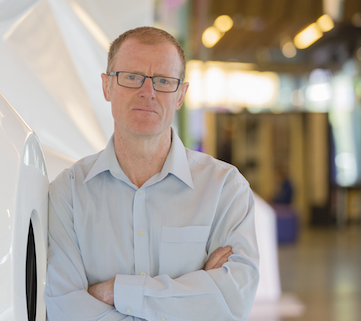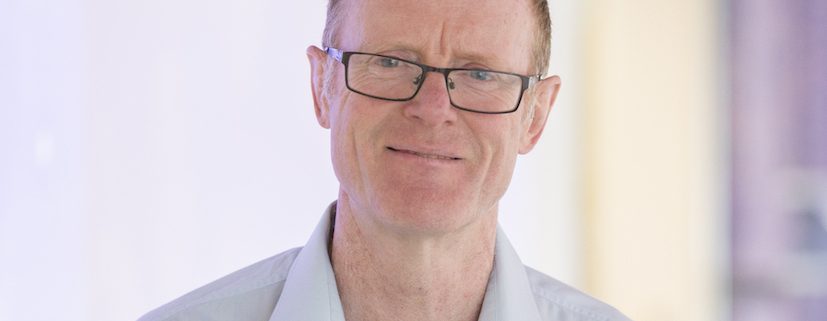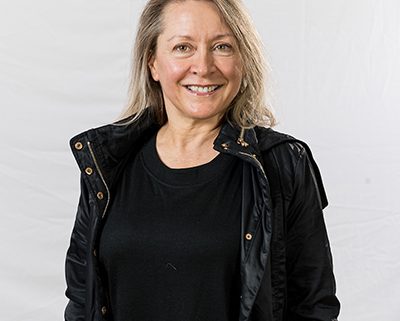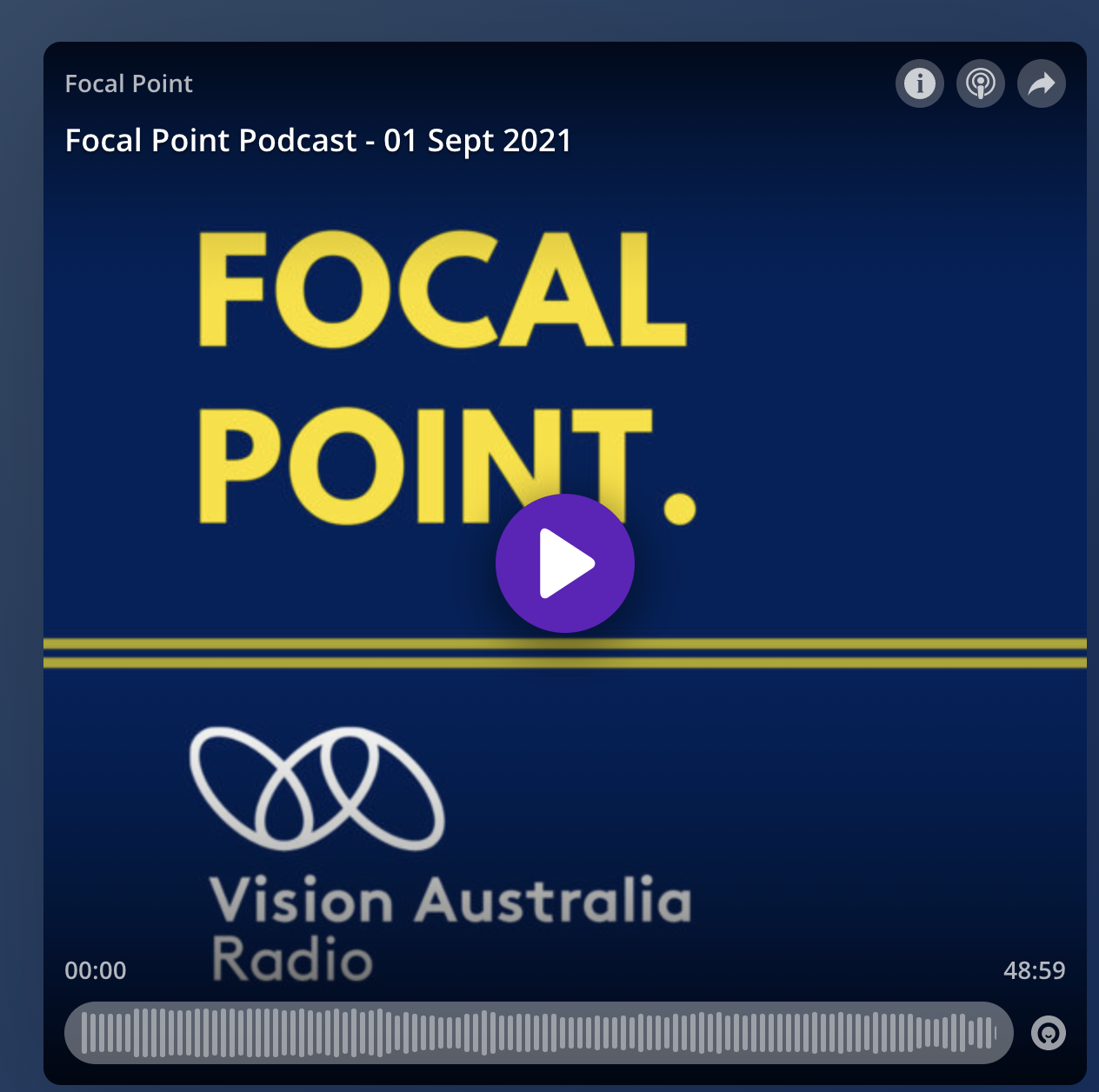Monash University has been awarded more than $43 million in National Health and Medical Research Council Investigator Grants, and a new Centre for Research Excellence, to support the work of more than 30 research leaders.
Better treatments for autoimmune kidney disease and vasculitis, better understanding of the progression of Alzheimer’s disease, improving the efficacy of clinical trials for surgical patients and T cell research are among the projects to receive funding.
The NHMRC also announced a new $2.5 million Centre for Research Excellence to transform outcomes of critically ill patients in ICU (CRE-ICU), to be led by Professor Carol Hodgson from the School of Health and Preventive Medicine and Deputy Director of the Australian and New Zealand Intensive Care-Research Centre.
The grants are part of $471.9 million in health and medical research grants announced by Federal Health Minister Greg Hunt. The funding will support hundreds of research leaders and teams around the country to undertake research that will ultimately save lives and make Australians healthier.
Investigator Grants support researchers at any stage of their careers, allowing researchers the flexibility to innovate by taking their research in new directions and forming collaborations.
The grants are focused on the four pillars of health and medical research: biomedical, clinical, public health and health services.
Monash University President and Vice-Chancellor Professor Margaret Gardner AC said the projects to receive funding demonstrate the scale and diversity of Monash research, and the important work being done to support health and medical innovations.
“I am delighted that 31 Monash researchers will share in this significant amount of NHMRC funding, and I congratulate and thank them for the crucial work they are doing to improve the health and wellbeing of our communities,” Professor Gardner said.
“The flexibility and collaboration that this investment allows, as well as the establishment of a new Centre for Research Excellence in ICU, will enable our researchers to explore creative solutions to some of the greatest health challenges we face today.”
Complete list of recipient projects:
‘A molecular investigation into T cell antigen receptor function and dysfunction in humans’
Professor Jamie Rossjohn
Faculty of Medicine, Nursing & Health Sciences
Awarded:$3,927,015 (Leadership 3)
‘Improving the Impact and Efficiency of Perioperative Clinical Trials’
Professor Paul Myles
Faculty of Medicine, Nursing & Health Sciences
Awarded:$3,241,612 (Leadership 3)
‘New Knowledge and Research Capacity for Health Impacts of Global Environmental Change with Big Data, Novel Approach and New Technology’
Professor Yuming Guo
Faculty of Medicine, Nursing & Health Sciences
Awarded:$2,598,844 (Leadership 1)
‘Gold Electronic Skins for Remote Biodiagnostics’
Professor Wenlong Cheng
Faculty of Engineering
Awarded:$2,348,555 (Leadership 1)
‘Better treatments for autoimmune kidney disease and vasculitis’
Professor Arthur Kitching
Faculty of Medicine, Nursing & Health Sciences
Awarded:$2,297,570 (Leadership 2)
‘Decoding the drivers of food choices towards sustainable self-management of obesity’
Professor Antonio Verdejo-Garcia
Faculty of Medicine, Nursing & Health Sciences
Awarded:$2,248,555 (Leadership 1)
‘Improving evidence synthesis methods to enhance decision making about public health and policy interventions’
Associate Professor Joanne McKenzie
Faculty of Medicine, Nursing & Health Sciences
Awarded:$2,248,555 (Leadership 1)
‘Phosphatases in the pathogenesis of obesity and cancer’
Professor Tony Tiganis
Faculty of Medicine, Nursing & Health Sciences
Awarded:$1,927,015 (Leadership 3)
‘Harnessing the power of diverse data to model population impacts of injury and inform health and social policy’
Professor Belinda Gabbe
Faculty of Medicine, Nursing & Health Sciences
Awarded:$1,885,378 (Leadership 2)
‘Implementation research: Delivering impact at the interface between reproductive and metabolic women’s health’
Professor Helena Teede
Faculty of Medicine, Nursing & Health Sciences
Awarded:$1,870,806 (Leadership 3)
‘Health Risk Assessment of Bushfire Smoke on Children and Pregnancy Outcomes’
Doctor Shanshan Li
Faculty of Medicine, Nursing & Health Sciences
Awarded:$1,570,120 (Emerging Leadership 2)
Reducing Resuscitation Errors
Professor Mark Fitzgerald
Faculty of Medicine, Nursing & Health Sciences
Awarded:$1,500,000 (Leadership 2)
‘Unravelling the Contributions of Sleep Dysfunction to Alzheimer’s Disease and Dementia’
Associate Professor Matthew Pase
Faculty of Medicine, Nursing & Health Sciences
Awarded:$1,306,096 (Emerging Leadership 2)
‘Risk and resilience in Alzheimer’s pathogenesis, cognitive decline and clinical disease progression’
Associate Professor Yen Ying Lim
Faculty of Medicine, Nursing & Health Sciences
Awarded:$1,306,096 (Emerging Leadership 2)
‘Mitigating the consequence of preeclampsia for mother and child’
Doctor Kirsten Palmer
Faculty of Medicine, Nursing & Health Sciences
Awarded:$1,285,060 (Emerging Leadership 2)
‘Mitochondria live imaging in mammalian preimplantation embryos’
Doctor Jennifer Zenker
Faculty of Medicine, Nursing & Health Sciences
Awarded:$1,270,120 (Emerging Leadership 2)
‘Genetically defining and pharmacologically exploiting new oncogenic dependencies in Myc-driven lymphoid cancer’
Associate Professor Jake Shortt
Faculty of Medicine, Nursing & Health Sciences
Awarded:$1,228,048 (Emerging Leadership 2)
‘Precise medication use in people with Alzheimer’s disease’
Doctor Yijun Pan
Monash Institute of Pharmaceutical Sciences
Awarded:$650,740 (Emerging Leadership 1)
‘A personalised pharmacogenomic approach to inform autosomal dominant hypocalcaemia treatment’
Doctor Tracy Josephs
Monash Institute of Pharmaceutical Sciences
Awarded:$650,740 (Emerging Leadership 1)
‘Stereo-EEG and precision neuropsychology: optimising epilepsy surgery and minimising neurocognitive risk’
Doctor Andrew Neal
Faculty of Medicine, Nursing & Health Sciences
Awarded:$650,740 (Emerging Leadership 1)
‘Dissecting the impacts of the bacterial host versus plasmid on the AMR burden’
Doctor Margaret Lam
Faculty of Medicine, Nursing & Health Sciences
Awarded:$650,740 (Emerging Leadership 1)
‘Reducing medication-related harm in people living with dementia in residential aged care’
Doctor Amanda Cross
Centre for Medicine Use & Safety
Awarded: $650,740 (Emerging Leadership 1)
‘Improving assisted reproductive technology outcomes – a personalised approach’
Doctor Rui Wang
Faculty of Medicine, Nursing & Health Sciences
Awarded:$650,740 (Emerging Leadership 1)
‘Defining the mechanisms that drive cell competition and plasticity in stomach cancer.’
Doctor Dustin Flanagan
Faculty of Medicine, Nursing & Health Sciences
Awarded:$650,740 (Emerging Leadership 1)
‘Understanding complex I assembly for better diagnosis and future treatment’
Doctor Luke Formosa
Faculty of Medicine, Nursing & Health Sciences
Awarded:$650,740 (Emerging Leadership 1)
‘Healthcare resource utilisation and long term outcomes following critical illness’
Doctor Alisa Higgins
Faculty of Medicine, Nursing & Health Sciences
Awarded:$613,240 (Emerging Leadership 1)
‘Transforming outcomes by investigating integrated treatments for methamphetamine use and trauma’
Doctor Shalini Arunogiri
Faculty of Medicine, Nursing & Health Sciences
Awarded:$450,370 (Emerging Leadership 1)
‘Improving Outcomes after Extracorporeal Membrane Oxygenation’
Doctor Aidan Burrell
Faculty of Medicine, Nursing & Health Sciences
Awarded:$450,370 (Emerging Leadership 1)
‘Improving Neonatal Resuscitation’
Doctor Douglas Blank
Faculty of Medicine, Nursing & Health Sciences
Awarded:$450,370 (Emerging Leadership 1)
‘Cell Therapies for Newborn Infants: Translating Promise to Benefits‘
Doctor Atul Malhotra
Faculty of Medicine, Nursing & Health Sciences
Awarded:$431,671 (Emerging Leadership 1)
Centre for Research Excellence to transform outcomes of critically ill patients in ICU (CRE-ICU)
Led by Professor Carol Hodgson
Faculty of Medicine, Nursing and Health Sciences
Original article
